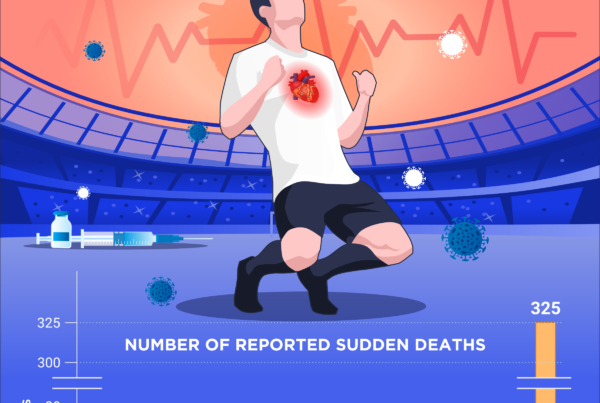Vera C. Stek
Home News Tribune Online 01/11/07
Anyone who was on the running scene in the 1980s may remember Dr. Phil Maffetone. He was a guest speaker for several of the runners’ forums preceding the popular Run for Joy 2- and 5-mile races in Woodbridge and he treated several local athletes in his medical practice.
Maffetone was at one of the Women on the Run races in Tamaques Park, Westfield, where he was introduced to Marianne Dickerson, silver medalist in the 1983 World Marathon Championship, who then suffered numerous injuries causing her to quit running. She had spoken the day before the race, in tears, exhorting women to take care of their bodies lest they end up like her, ill and unable to run. Maffetone treated her before the race and she ran the 5-mile event that day, her first run in months. He continued to treat her for some time while she enjoyed a second career as a successful athlete. Her plight was all too familiar to Maffetone. A former nationally-ranked high school track star, Maffetone found himself in the hospital one day in his 20s, his body totally broken down from improper training and poor nutrition.
It was there he had an epiphany about the differences between fitness and health, which led to and his book, “In Fitness and In Health.” Maffetone forged a career speaking and writing about fitness and health and treating patients as well known as world champion Ironman triathlete Mark Allen, ultramarathon champion Stu Mittelman, recording artist James Taylor and baseball star Tom Seaver. Dr. George Sheehan wrote a foreword for his book.
His advice, developed from his experience as an athlete and intense research and study, has withstood the test of time. He pushed the use of training with a heart monitor before most people even knew such a device existed. He encouraged athletes to partake of sexual activity (recent studies have shown that female athletes who had sex the night before a race performed better than those who didn’t); he recommended low-tech running shoes (a new shoe to simulate barefoot running has been created) and advised runners to consume adequate quantities of “good” fats while avoiding “bad” fats (New York State is poised to ban trans fats from its restaurants).
If he had a failing, it was his shyness and inability to self promote. These days, however, Maffetone has found his voice and he’s got a whole new gig — singing for his supper.
He lives in the Tucson mountains where he’s developed his long-standing interest in songwriting. His first album, “We All Need” was produced in mid-December, recorded in Los Angeles and Nashville studios, with Red Hot Chili Pepper’s John Frusciante on guitar, Audioslave’s Brad Wilk on drums and vocalist Jonny Polonsky. Maffetone sings solo in “Red Wine Cork’ and with Polonsky on “Younger Than Ever,’ “Marianna’ and “Taste My Dream of You.”
His new career isn’t all that far removed from his last one, Maffetone said. “Over five thousand years ago, Chinese medicine included music as a therapy along with other remedies. I’ve measured brain waves to see just how certain types of music can influence our health. When we’re relaxed, creative, meditating, happy, our brain produces large amounts of alpha waves. “In this alpha state, our stress hormones are reduced, our brain functions well, and overall health improves — in minutes. We can use music to trigger alpha waves just by listening.
“My music can strongly stimulate the alpha state. Try it — plug in your headphones, sit back, close your eyes and listen. Do this for a relaxing break in your day, when you’re stressed or just for enjoyment . . . and reap the health benefits.”
Music at dinnertime can aid digestion and in the evening, it’s a great benefit to get up and twist and shout to your favorite music to add an aerobic component, far healthier than sitting inert in front of the TV set, Maffetone said.
Maffetone spent several years in Los Angeles, Nashville, London and other music centers to develop his music, a blend of pop, folk and rock. His songs have been described as giving the feeling of sharing time with a comfortable friend. “The songs aren’t sad or happy, but they’re an essence of life, no more, no less,” he said.
He’s worked with producer Rick Rubin and spent time in the studio with the Chili Peppers, Johnny Cash and others. Maffetone will never forget his time with Cash.
“His very last song portrayed taking a deep breath — perhaps a deeper allegorical tune than the song itself portrays. I was privileged to be with Johnny when this song came to life, and in fact, it was part of our plan to improve his brain, body and mind.
“I was helping Johnny walk again, play his guitar, use his fingers to express, his eyes to see and bring out his incredible creativity that had been buried deep inside. “One morning I walked in and he was so excited. He said, Dr. Phil, listen to this—’ and he played and sang a verse to what would be his first new song in some time. Sadly, it would be his last. His song still breathes deep in my soul.”








